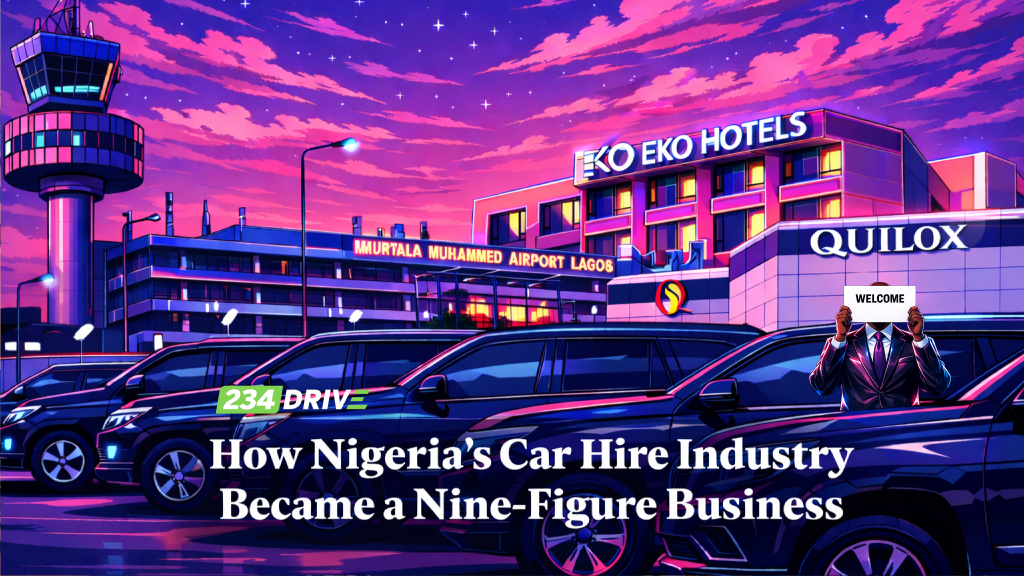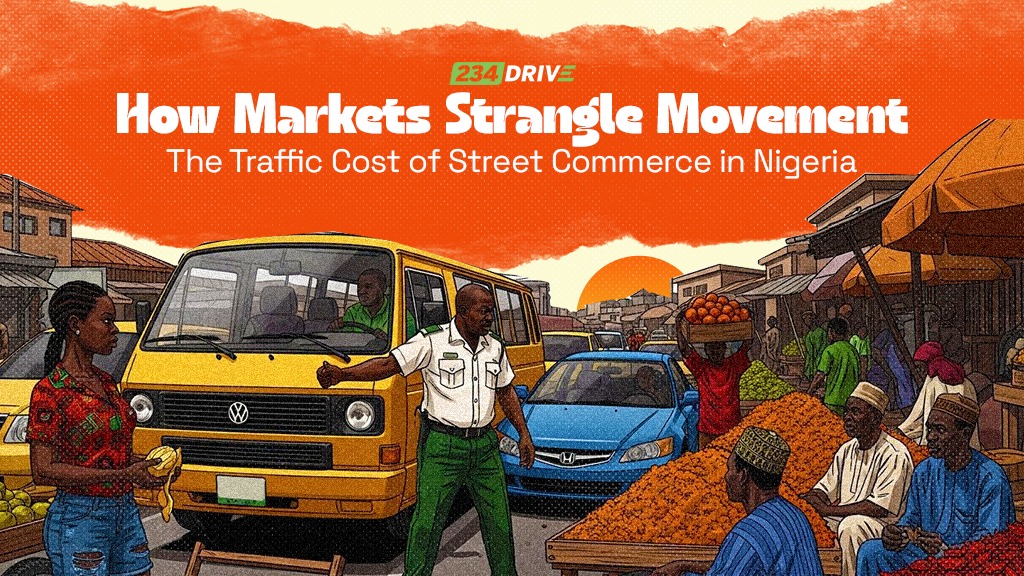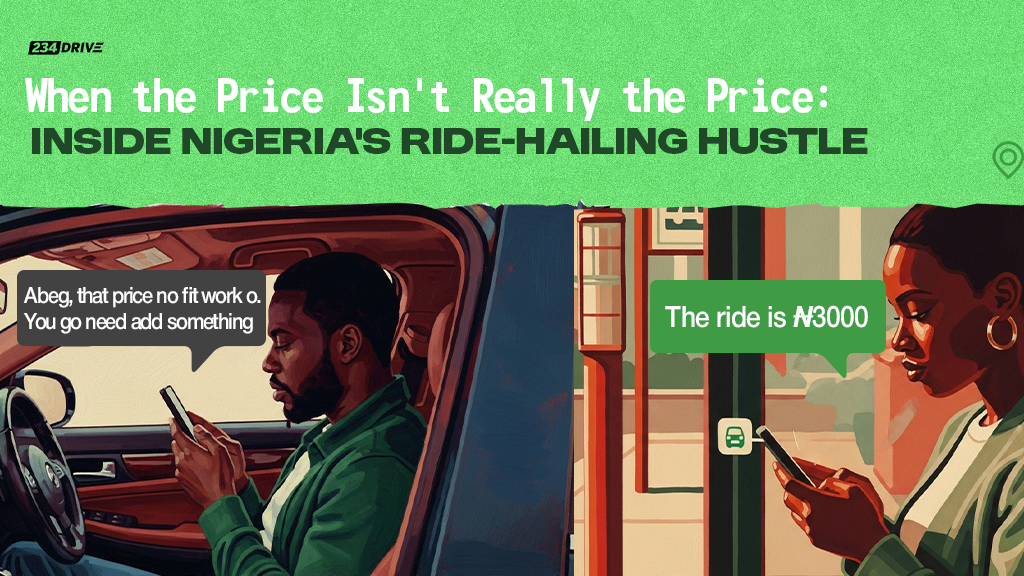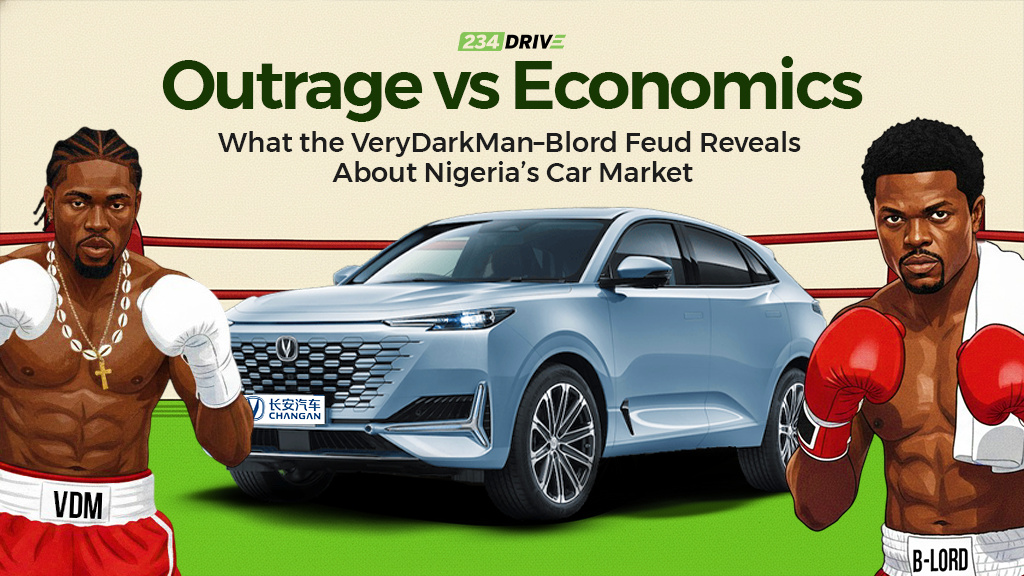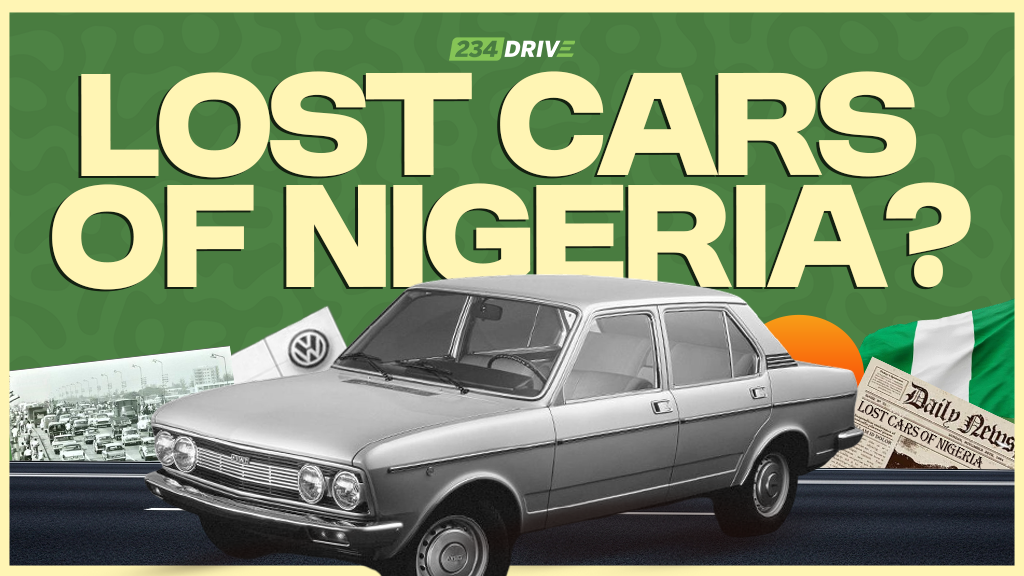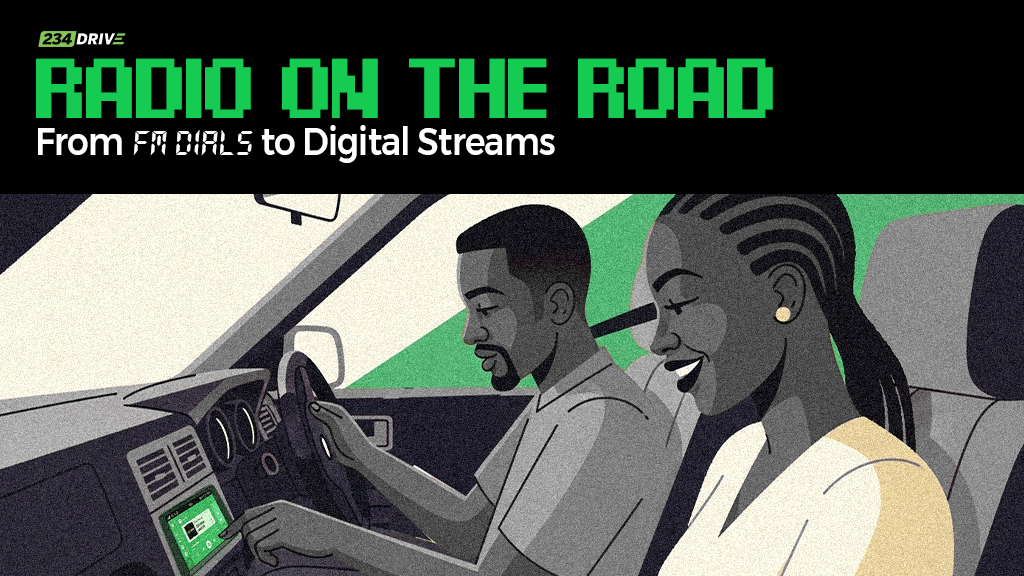Car choices are more than just about getting from Point A to Point B. They reveal culture, style, and even habits. In South Africa and Nigeria, the way people pick their cars shows unique tastes and influences. From local factories to imported used cars, these choices tell a story of what matters most in each place.
Understanding Popular Car Models in South Africa and Nigeria
Trends in Car Popularity Among Youth
Young drivers around the world tend to favor models that look good and offer extras. But in Nigeria and South Africa, specific cars stand out. For example, a 2004 Toyota Corolla is the go-to for many in Niger. It’s simple, reliable, and affordable for young folks. Meanwhile, in South Africa, models like VW Polo and Volkswagen SUVs are common among youth. These cars are seen as stylish and fun to drive.
The appeal? Affordability plus a chance to customize. Young drivers love optional extras like fancy rims, leather seats, and sunroofs. These features help show off their style and status.
Influence of Local Manufacturing and Production
South Africa has a busy car making industry. Many popular models are built right there in local factories. Toyota produces the Corolla and Corolla Cross. BMW makes the X3, and Mercedes-Benz also assembles cars in South Africa. Nissan NADA is another local brand.
This local production means cars are easier to buy and often cheaper. Plus, they have a good reputation for quality, which makes them popular. Buying locally also supports the economy and reduces wait times for repair parts.
Imported and Used Cars Market
In Nigeria and parts of Africa, most people prefer buying used cars from overseas. These cars, often called “tokunbo,” are shipped from Japan, Canada, or the US. They tend to be cheaper, and many are still in good shape if chosen carefully.
However, buyers check for low mileage and good condition before purchasing. Many cars from Japan offer Japanese reliability, which makes them popular. Buying used allows young drivers to afford better models they couldn’t buy brand new.
Cultural and Lifestyle Factors Shaping Car Choices
Preference for New vs. Used Cars
Despite the many used options, most young buyers love new cars. Why? They want the latest features, trendy looks, and the newest technology. New cars also give a sense of pride and status.
In Nigeria, people often buy new cars directly from the dealership. Everyone wants the newest model, especially if it has the features they value, like sunroofs, advanced sound, or sportier rims.
Popular Car Features and Customizations
Car owners in South Africa and Nigeria get creative with their rides. They want their cars to stand out. Options like custom rims, leather seats, and loud sound systems are common.
Some even add modifications like sporty exhaust notes or special paint. They believe these tweaks boost their “street cred”. For many, a car is not just transportation but a reflection of personality and social standing.
The Influence of Car Brands and Types
Japanese cars like Toyota and Nissan are loved for their reliability. They last longer and require less maintenance. German brands like BMW, VW, and Mercedes are prized for their style and sporty vibe.
Popular models include the Volkswagen Polo, BMW E30, and Mercedes C-Class. The E30, in particular, is a favorite among street racers. It looks vintage but gives a cool, street-wise image.
The Car Buying Culture and Maintenance Landscape
Purchasing Methods and Financing Options
Most people in Nigeria buy cars with cash. It’s simpler and faster than getting financed. For large or luxury cars, some dealers offer installment plans, but they are not very common.
In South Africa, many buyers prefer to buy new and often go through official dealerships. They rely on manufacturer-provided maintenance plans, which make car upkeep easier.
Maintenance and Mechanical Support
When it comes to fixing cars, many owners depend on dealerships for newer models. For older or imported cars, mechanics can be hard to find or expensive. That’s especially true for German brands.
Buyers usually prefer low-mileage cars, under 60,000 km, so it’s easier to keep them running. When the service plan expires, many just buy a new car instead of fixing the old one.
Secondhand Cars and Resale
People who buy second hand cars look for models with low mileage and solid condition. Once you go past 100,000 km, many consider it risky unless the car has been well maintained.
In Nigeria, cars are often traded or sold to small dealers. Many owners sell their older cars quickly to get a new ride, especially if maintenance costs rise.
The Role of Car Enthusiasts and Content Creators
Impact on Car Culture and Knowledge Sharing
Younger car lovers are now sharing tips online. Many want to teach others how to choose and maintain cars. For women and beginners, these videos are a big help.
Content creators show how to spot good used cars, what to look for, and how to avoid common mistakes. This helps new drivers avoid costly errors.
Car Culture and Community Engagement
In South Africa, models like the BMW E30 gained celebrity status. Car drifting, street racing, and customizing are popular activities. Young drivers want their cars to turn heads in the streets.
Social media fuels this trend. TikTok, YouTube, and Instagram show off unique builds and crazy stunts. This gives the car scene a fun, energetic vibe.
Challenges and Opportunities in the Automotive Sector
Market Challenges
Finding reliable mechanics for imported cars can be tough. German brands, especially, can be costly to fix. Also, many used cars have been shipped from overseas, bringing risks like hidden damages or poor maintenance.
Buying used from abroad means dealing with different standards. Sometimes, repairs can be expensive or hard to find.
Opportunities for Growth
Local car manufacturing is growing, which means more jobs and cheaper prices in the future. Plus, more content about car care and modifications is helping owners take better care of their rides.
Changing trends also favor customized cars. Car enthusiasts want more affordable ways to stand out and express themselves.
Actionable Tips for Car Buyers and Enthusiasts
- Look for used cars with less than 60,000 km and good maintenance records.
- Stick to trusted dealerships or service centers for maintenance.
- Learn about key features and possible modifications before buying.
- Think about the car’s style and how you want to customize it.
- Be aware of the costs involved in fixing imported brands, especially German cars.
Conclusion
Understanding what cars people prefer in South Africa and Nigeria helps us see their culture and priorities. Youth tend to chase new models with flashy features, but older or used cars remain popular for affordability. Local manufacturing is growing, but the used car market still dominates.
Car enthusiasts and content creators are changing the game. They educate, entertain, and inspire others in this evolving scene. Whether you’re buying your first ride or looking to upgrade, knowing regional trends helps you make better choices. The future looks bright with local growth and more diversity in car styles.
So, take your time, do your research, and get involved in the exciting world of cars. Your perfect ride might just be around the corner.



